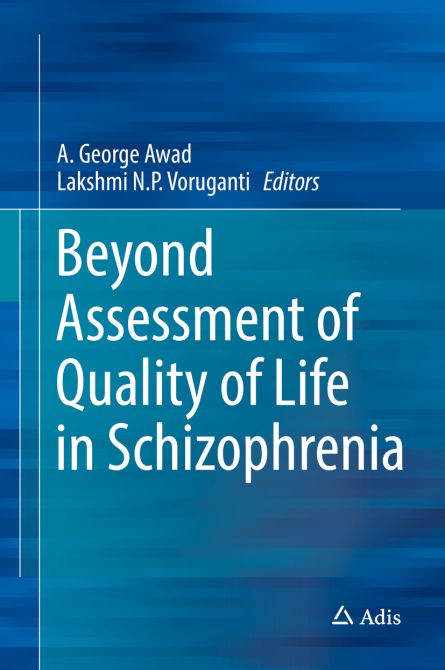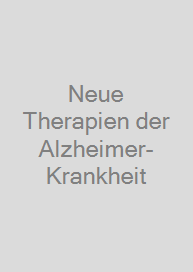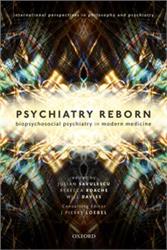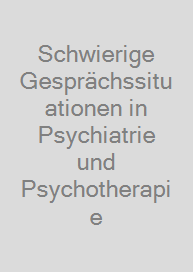Beyond Assessment of Quality of Life in Schizophrenia
| Auflage | 2016 |
| Seiten | 242 p. |
| Verlag | Springer |
| ISBN | 9783319300597 |
| Artikel-Nr. | 552973 |
Lieferzeit ca. 5 Werktage
Produktbeschreibung
Providing an argument for reformulating health-related quality of life (QOL) in schizophrenia as a bio-psycho-social construct, based on recent neuropsychobiological advances, the reader is updated on critical issues underpinning the QOL concept and its measurement in schizophrenia. QOL is discussed as both an outcome, and a mediator of other important clinical outcomes. Social functioning is defined as an important component of QOL through assessment of the role of social cognition. Current measurement scales are critically reviewed and new approaches in the development of measuring tools are proposed. The broader role of QOL in the pharmacoeconomics and health policy decisions related to schizophrenia is discussed, and the use of QOL assessment in clinical trials of new antipsychotics are examined from the perspectives of both the pharmaceutical industry and regulatory agencies. Future challenges are identified for the purpose of invigorating the construct of quality of life and broadening its applicability in schizophrenia.
Fachzeitschriften

Bleiben Sie informiert!
Melden Sie sich für den frohberg.de-Newsletter an und nutzen Sie jetzt Ihre Vorteil:- Willkommens-Dankeschön: Beatmungsmaske Rescue Me
- Aktuelle Neuerscheinungen und Empfehlungen
- Exklusive Angebote und Kongress-Highlights








